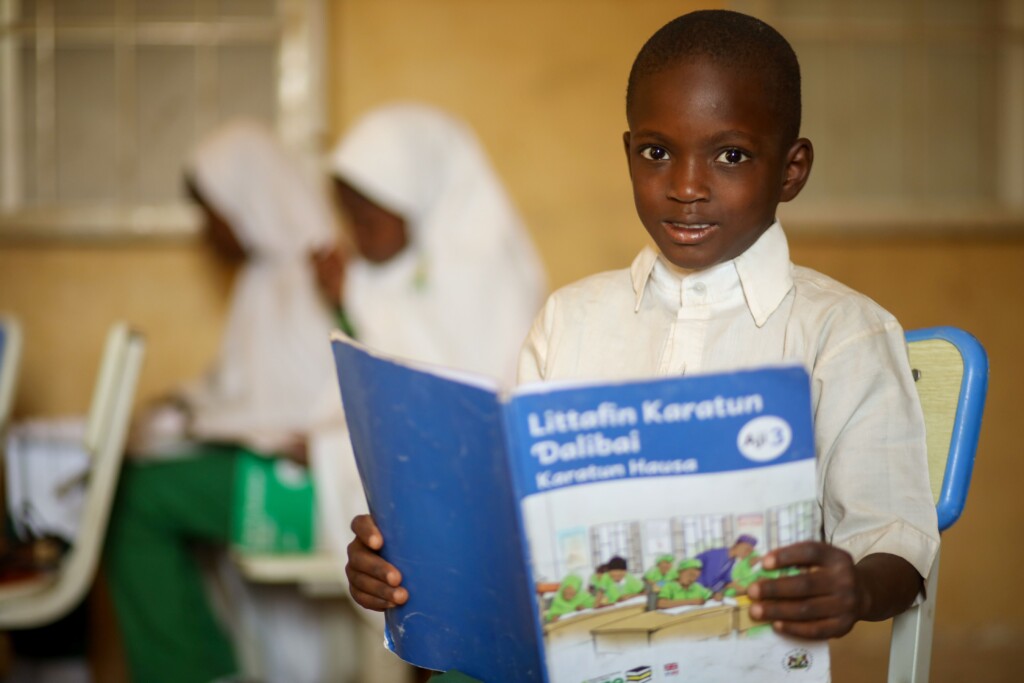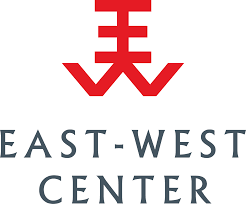In a recent interview, Clement Kolawole, the Vice-Chancellor of Trinity University in Lagos, has made a significant call for the Nigerian federal government to develop and implement policies that support literacy in the country’s indigenous languages. Speaking on the occasion of the 2024 International Literacy Day, Mr. Kolawole emphasized the need to focus on multilingual education as a means to foster mutual understanding and peace.
International Literacy Day is celebrated every year on September 8 to promote reading and writing skills and help build more inclusive communities. This year’s theme, “Promoting Multilingual Education: Literacy for Mutual Understanding and Peace,” emphasizes the value of using different languages to improve education and foster better relationships among people.
Mr. Kolawole noted that Nigeria has many indigenous languages, but they are not used enough in education. He suggested that including these languages in literacy programs could greatly improve the country’s education system. By focusing on literacy in indigenous languages, Nigeria can create a more inclusive environment that respects and values its rich linguistic heritage.
He emphasized that focusing on literacy in indigenous languages is key to long-term educational success. Mr. Kolawole explained that when children learn in their native languages, it builds a strong base for learning other languages, like English. This method not only helps children connect with their cultural roots but also better prepares them for the challenges of the modern world.
The Vice-Chancellor also mentioned that a focused effort on literacy in indigenous languages would help children become more functional and effective in their education. By integrating these languages into the curriculum, the government can address the unique needs of students and create educational materials that reflect their linguistic backgrounds.
Mr. Kolawole called on the federal government to allocate resources and formulate strategies that promote literacy in indigenous languages. He believes that such measures will set a precedent for enhancing literacy education across Nigeria. By recognizing and supporting the use of indigenous languages in education, the government can make a significant impact on the quality of education and foster a sense of pride and identity among students.
In summary, Mr. Kolawole’s call to action highlights the importance of recognizing and utilizing Nigeria’s linguistic diversity to improve literacy and education. By making indigenous languages a central part of literacy initiatives, Nigeria can build a more inclusive and effective educational system that benefits all its citizens.
The Vice-Chancellor’s appeal serves as a reminder of the need for continued efforts to address educational challenges and ensure that every child has the opportunity to succeed, regardless of their linguistic background.





